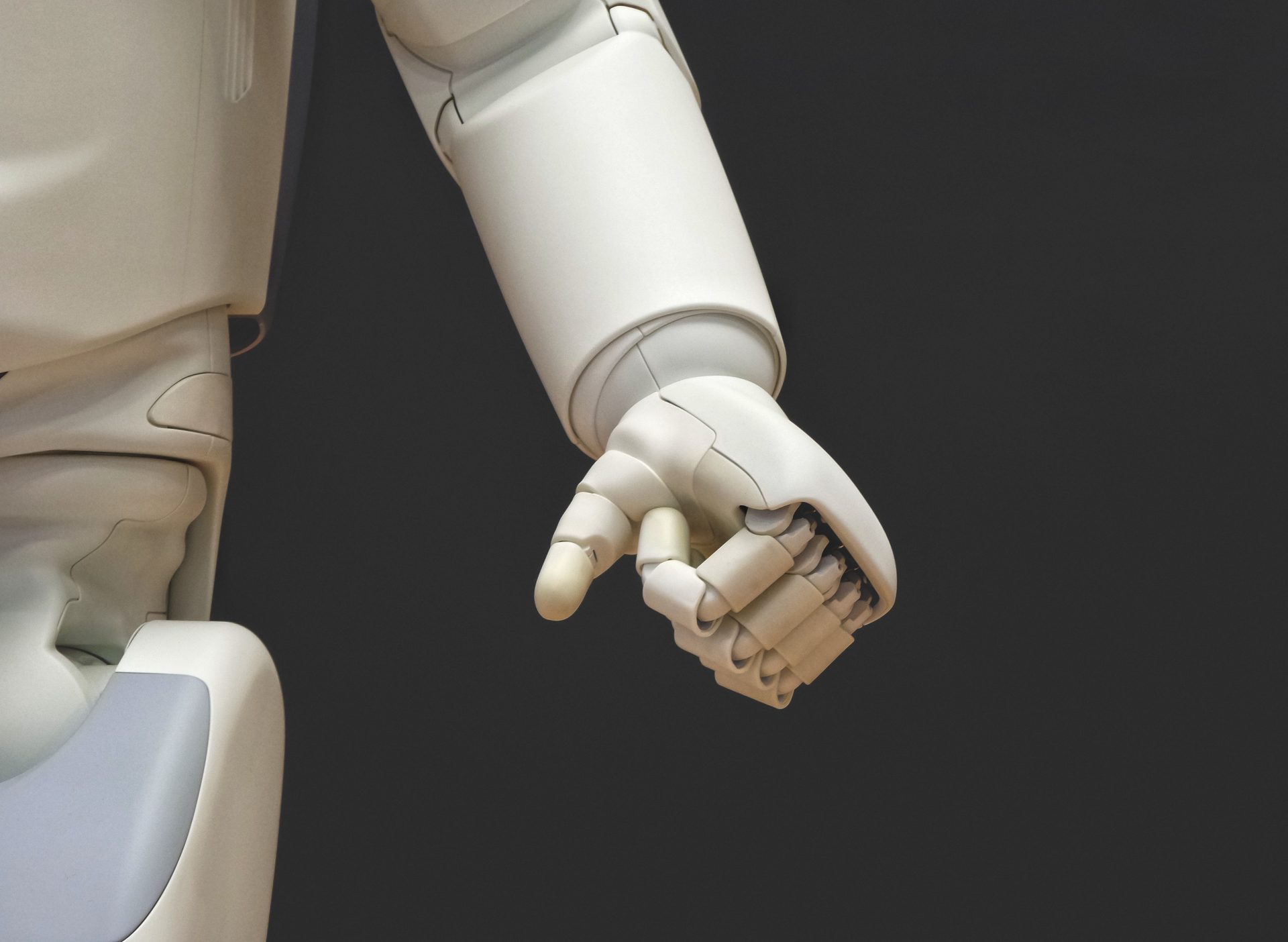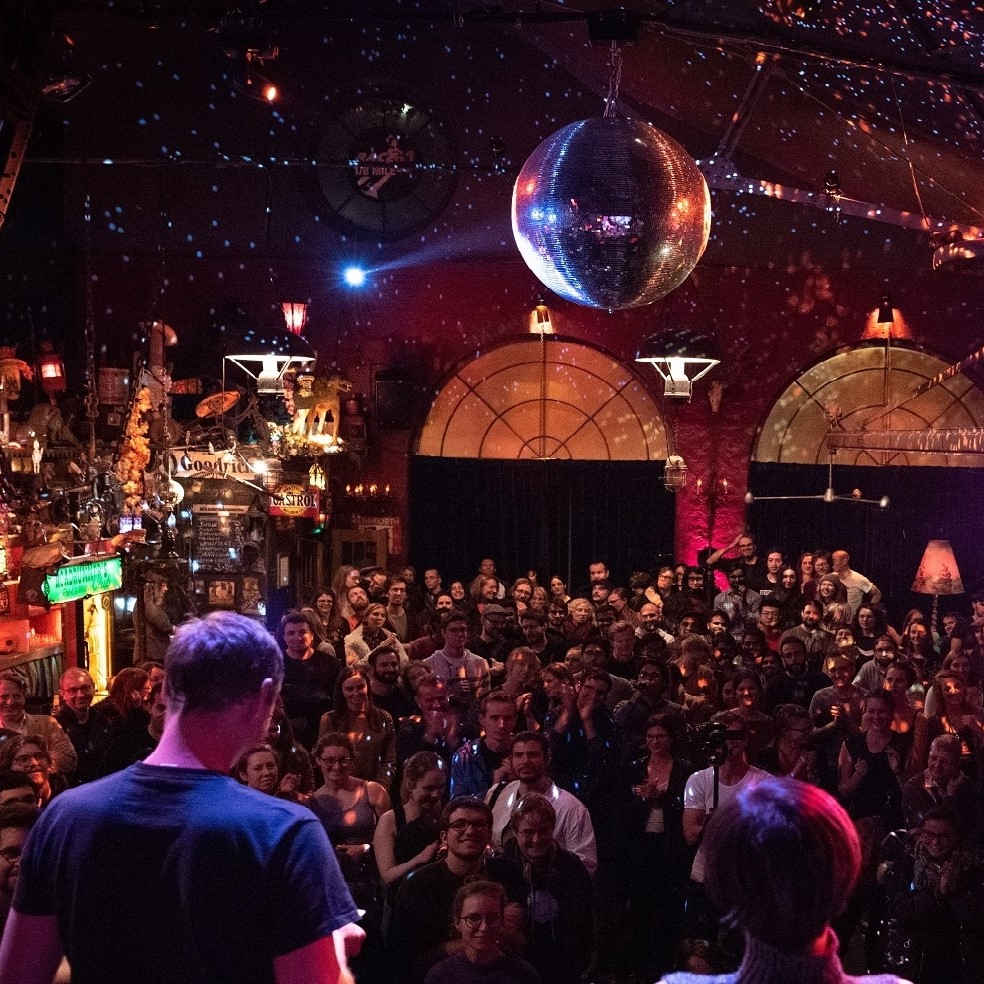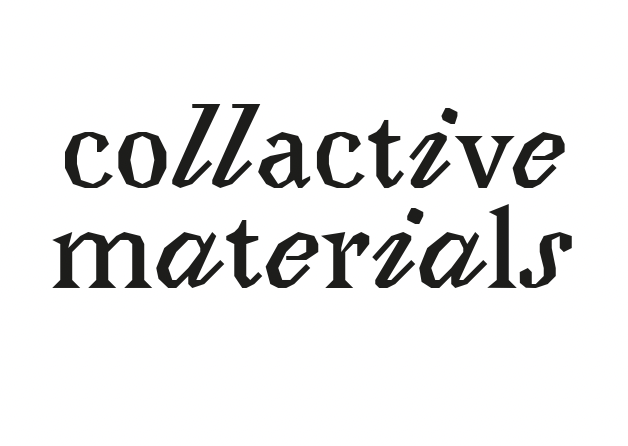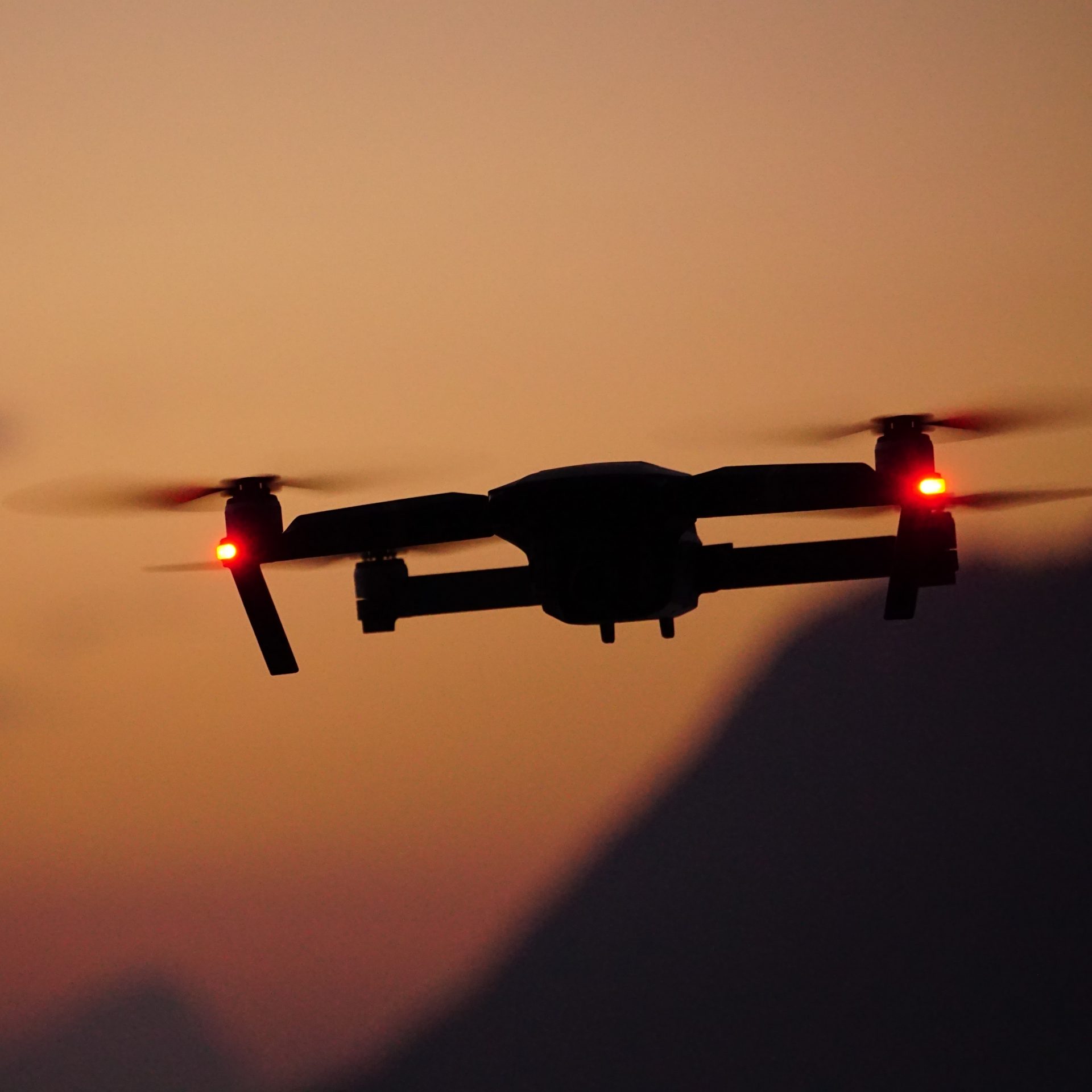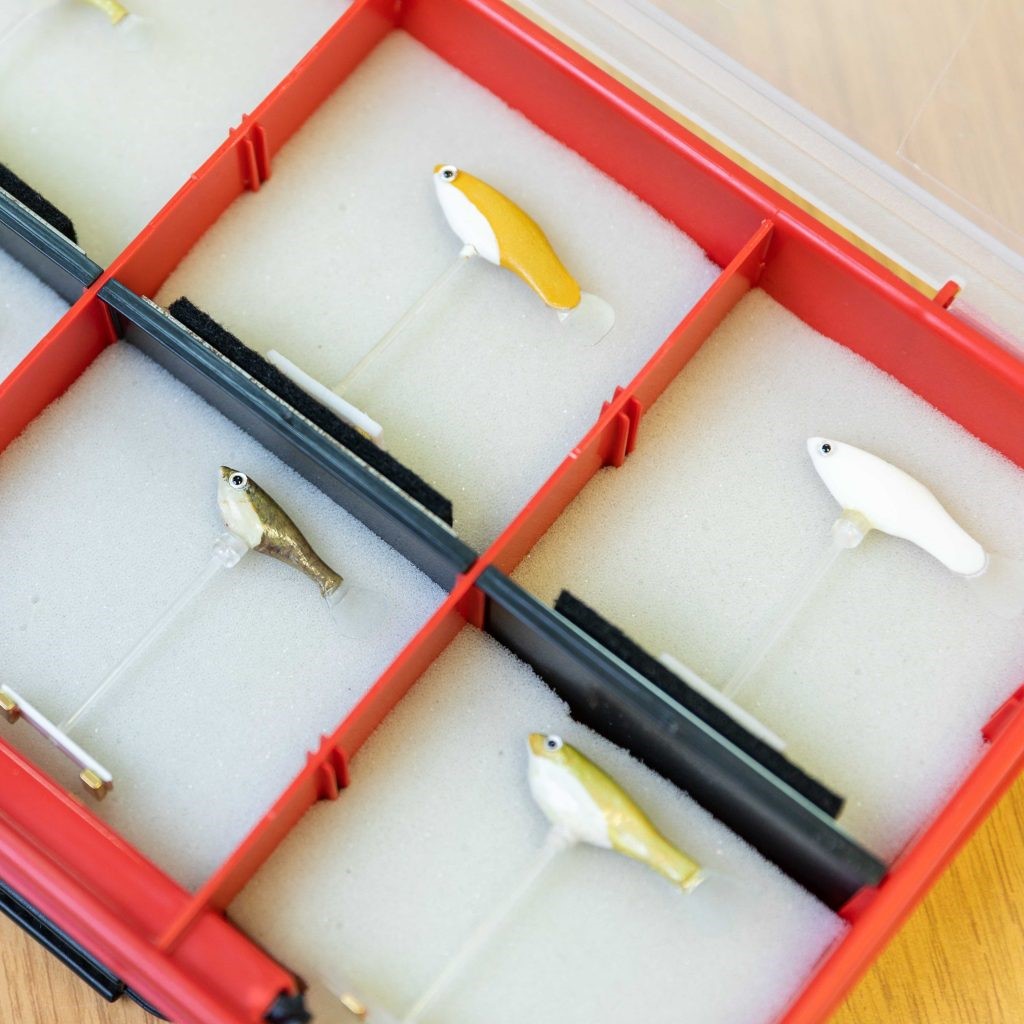
Scholar Minds – Mental Health Conference 2022
A serie of lectures, workshops and a panel discussion about themes related to Mental health in academia, from opinions of under-represented groups, to power abuse, healthy working conditions, and much more. More info here Photo taken from Scholar Mind webiste The Zoom Link will be sent the day before the lecture.

